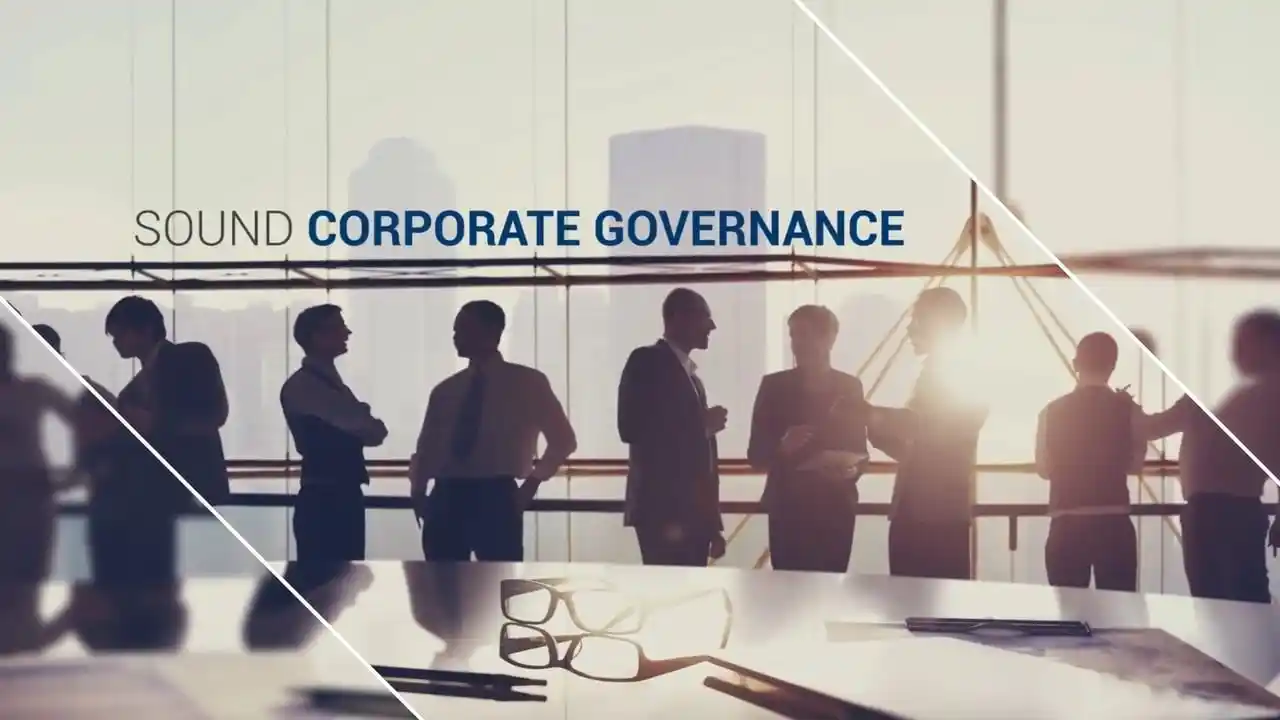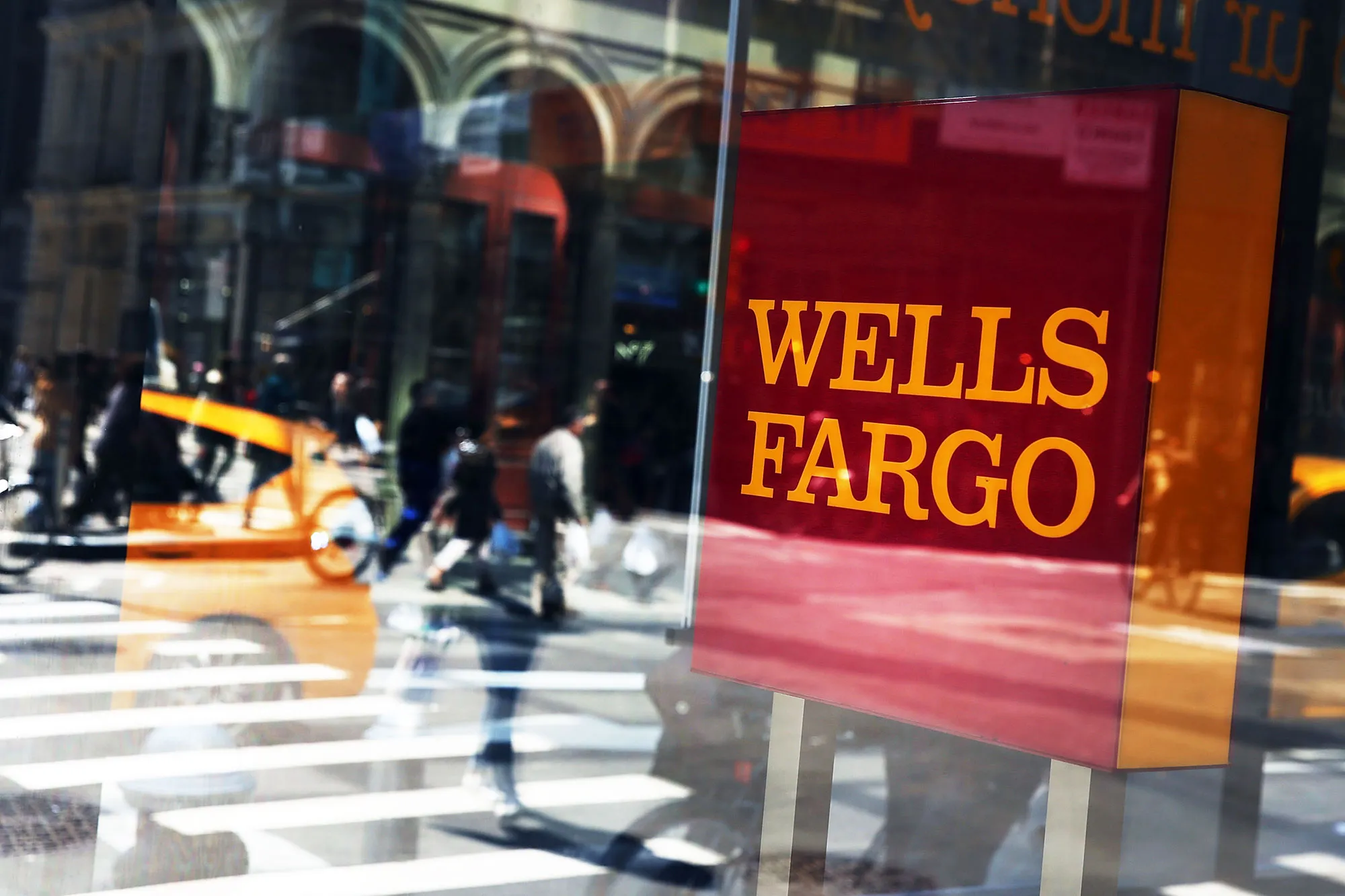Crisis Management & Boardroom Response
When a corporate crisis hits - it becomes a data violation, regulatory survey, financial fraud or public setback - the boardroom quickly becomes a command center. In these moments, how the directors react to the company's future to shape as much as the crisis itself. A sharp, transparent and well -coordinated response can restore confidence, while indifferent or refusal often makes things worse. Nevertheless, not all boards are sufficiently prepared for pressure and complexity that provide crisis.

Many companies still lack detailed crisis reaction protocols at the board level. While management handles daily operations, the board's role is to maintain major decisions, provide strategic input and ensure that the reaction is in accordance with long -term values and legal obligations. This includes the approval of public statements, consult a legal lawyer and sometimes make a difficult choice as the exercise of executive resignation. Under high dots, clarity about roles and responsibilities is important, but is often ignored until it is too late.
Recently, high -profile errors have shown that when boards underestimate public response or fail to work quickly. At a moment of public indignation, silence or corporate jargon may appear as Tone-Def, deleting branding overnight. On the other hand, boards that constantly connect to stakeholders accept errors and show responsibility, often strong. The crisis does not mean - this can be a significant twist.
Preparation makes a difference. Running board training, landscape plan and even false crises can improve emergency preparedness. In today's fast moving world, the response to the crisis is not just a skill-this is a majority of modern business administration.













Post a comment